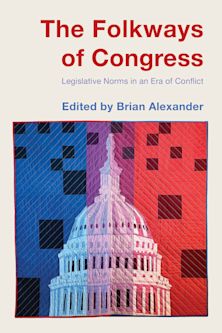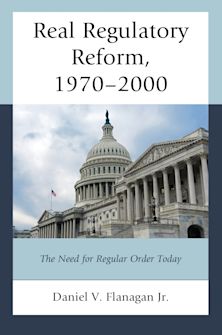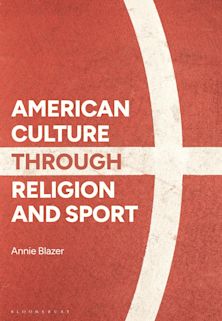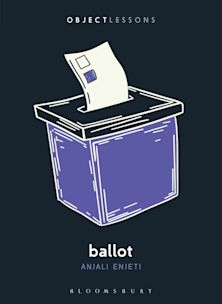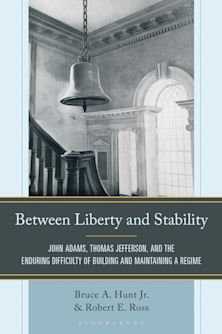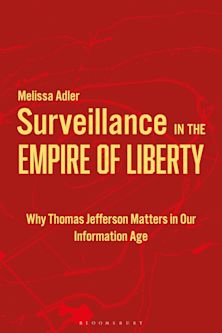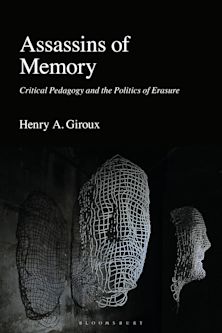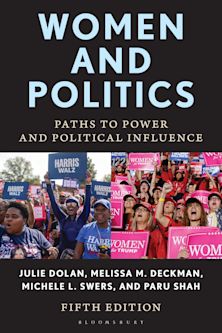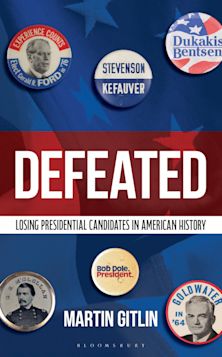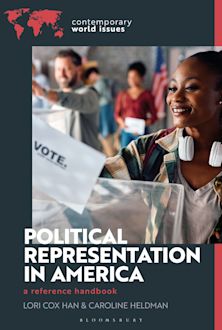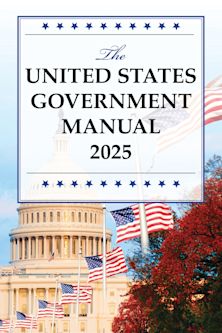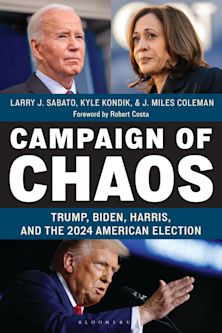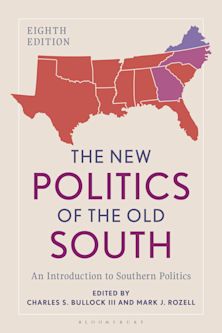- Home
- ACADEMIC
- Politics & International Relations
- American Government and Politics
- Alanson B. Houghton
For information on how we process your data, read our Privacy Policy
Thank you. We will email you when this book is available to order
You must sign in to add this item to your wishlist. Please sign in or create an account
Description
Alanson B. Houghton—American industrialist, politician, and diplomat—was the world's most influential diplomat during the "New Era" of the 1920s. Houghton, who served as ambassador to both Germany (1922–1925) and Great Britain (1925–1929), offers a unique window into the formation and implementation of American foreign policy. This fascinating new text by Jeffrey J. Matthews provides a clear and concise account of Houghton's diplomatic experience and consequently a fresh assessment of U.S. foreign policy during a pivotal decade in world history.
As the leading ambassador in Europe, Houghton played a key role in the major diplomatic achievements of the era, including the Dawes Plan for reparations, the Locarno security treaties, and the Kellogg-Briand peace pact. While Hougton's significant contributions to these international accords is fully explored, the major theme of this book is his emergence as chief critic of U.S. foreign policy within the Harding and Coolidge administrations.
Alanson B. Houhgton: Ambassador of the New Era offers students a concise historical narrative and a substantive reevaluation of 1920s American foreign policy. This text will help students understand why the United States failed to establish a stable world order during the New Era and additionally sheds light on the key historiographical themes of isolationism, new-imperialism, and corporations. For students taking courses on the Gilded Age, the interwar years, and U.S. foreign policy, this new volume will be an invaluable resource.
Table of Contents
Chapter 2: Scholar, Industrialist, Public Servant, 1863–1922
Chapter 3: Confronting Conservative Internationalism, 1922–1923
Chapter 4: Belated Intervention, 1923–1924
Chapter 5: America's Honest Broker, 1925–1926
Chapter 6: America's Ambiguous Internationalism, 1926–1927
Chapter 7: Final Opportunities, 1928–1929
Chapter 8: Epilogue/Conclusion
Bibliographical Essay
Product details
| Published | 13 Aug 2004 |
|---|---|
| Format | Ebook (PDF) |
| Edition | 1st |
| Extent | 288 |
| ISBN | 9798216334996 |
| Imprint | Rowman & Littlefield |
| Series | Biographies in American Foreign Policy |
| Publisher | Bloomsbury Publishing |
About the contributors
Reviews
-
Jeffrey Matthews has made an important contribution to the literature on American foreign policy in the Harding-Coolidge era. This fine biography, based almost entirely on heretofore unexploited original sources, traces the career of America's most influential ambassador to Europe during the New Era. Houghton served not merely as U.S. ambassador to the Court of St. James in 1925–29, he became the leading in-house critic of Secretary Kellogg's timid involvement in European affairs. All students of American diplomacy between the wars will want to read this book.
Stephen A. Schuker, William W. Corcoran Professor of History, University of Virginia
-
Anyone seeking to understand the complex foundations of American diplomacy in the modern age will want to read this first biography of arguably the world's most influential ambassador during the interwar period. This book is especially compelling when analyzing Houghton's conclusion that Washington failed to establish a stable world order in the 1920s because the conservative policies of the nation's leaders were inadequate to solve postwar problems. Based on extensive archival research, this lively, well-researched political biography is balanced yet provocative, and is an important addition to the history of foreign policy.
Nancy Unger, Santa Clara University
-
Jeffrey Matthews' biography of Alanson B. Houghton fills a significant gap in the way most of us think about the history of the United States. It is important not only because it tells us about one of the most influential diplomats of the 20th century, it also elucidates in considerable detail a largely forgotten era in our history. The 1920s are mainly remembered for prohibition, jazz, flappers, gangsters, and a stock market irrationally exuberant. Not many Americans would consider the '20s the decade that established our subsequent role in the world. But it was, and Alanson B. Houghton, as Matthews brilliantly demonstrates, understood better than any of his contemporaries what that role had to be. . . . We can be grateful to Alanson B. Houghton for the way he helped America begin to deal with the reality of global leadership, and to Professor Matthews for telling us the story in fascinating and rewarding detail.
Charles E. Courtney, Arches
-
This study is a welcome addition to our understanding of New Era diplomacy and Houghton's role as prescient critic of that policy.
Journal of American History
-
Alanson Houghton held two of the most important diplomatic positions during the 1920s, U.S. ambassador to Weimar Germany and later Great Britain. His public career provides a unique prism through which to view America's failed search for a stable European order in the wake of the Great War. Jeffrey Matthews's new biography, the first full study of Houghton, is a well-written and thoroughly researched examination of a diplomat whose warnings about the weakness of America's engagement in Europe were never heeded, ultimately with disastrous consequences.
Thomas Alan Schwartz, Vanderbilt University












